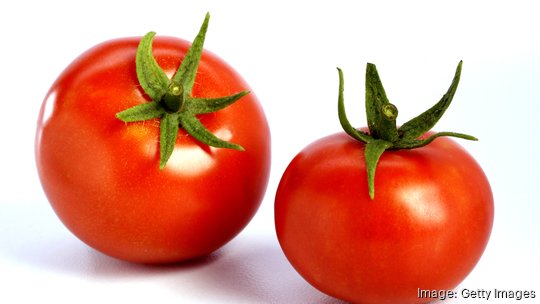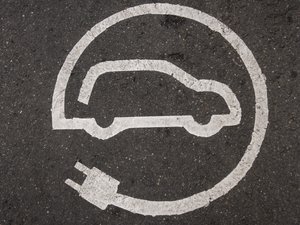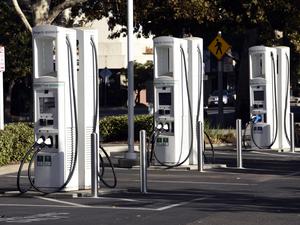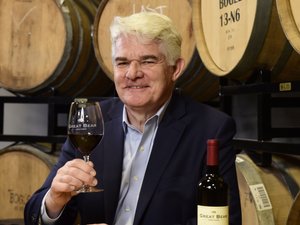
Pacific Coast Producers got $890,000 in state climate investment funding to reduce emissions at its Woodland tomato processing plant, a move that's expected to make it more efficient.
The California Energy Commission unanimously approved the funding at its meeting in Sacramento Wednesday, a part of its Food Production Investment Program, which helps food producers fund demonstration projects to use less energy or reduce emissions. The grants require a 35% match.
This Woodland project will recapture steam used at the processing factory to sterilize the canning process.
Pacific Coast's system will reduce greenhouse gas emissions by 2.4 metric tons per year and it will also reduce the amount of natural gas the plant uses by 450,000 therms per year. The average home in the U.S. uses about 70 therms per month.
In 2019, Lodi-based Pacific Coast Producers was awarded $25 million in grants from the CEC under the same program to install demonstration technologies at its plants in the Central Valley, including $2.8 million for the Woodland plant.
Modifications made in the Food Production Investment Program are exempt from California Environmental Quality Act planning hearing requirements.
Also approved at Wednesday's hearing, two coffee roasters in Oakland — America's Best Beverage Inc. and Red Bay Coffee Inc. — got funding to use electric roasters instead of natural gas; and three locations in the Central Valley for E. & J. Gallo Winery got grants to use more efficient refrigeration. Those three awards were $1.2 million, $642,850 and $500,000, respectively.
Blue Diamond Growers in Sacramento has won these grants for energy upgrades at its sprawling almond processing factory in Sacramento.
The Food Production Investment Program was established in 2018. The program in five years has awarded $117.8 million to 56 projects in the state. Annual emission reductions under the program are estimated at 162,000 metric tons of carbon dioxide, according to the CEC.
The initial funding for the grants came from California's cap-and-trade program.
In 2022, Assembly Bill 209 provided funding to continue the program with $25 million in the fiscal year 2022-2023 and an additional $40 million proposed in the fiscal year 2023-2024.
Another four food processors are up for grants in June.









